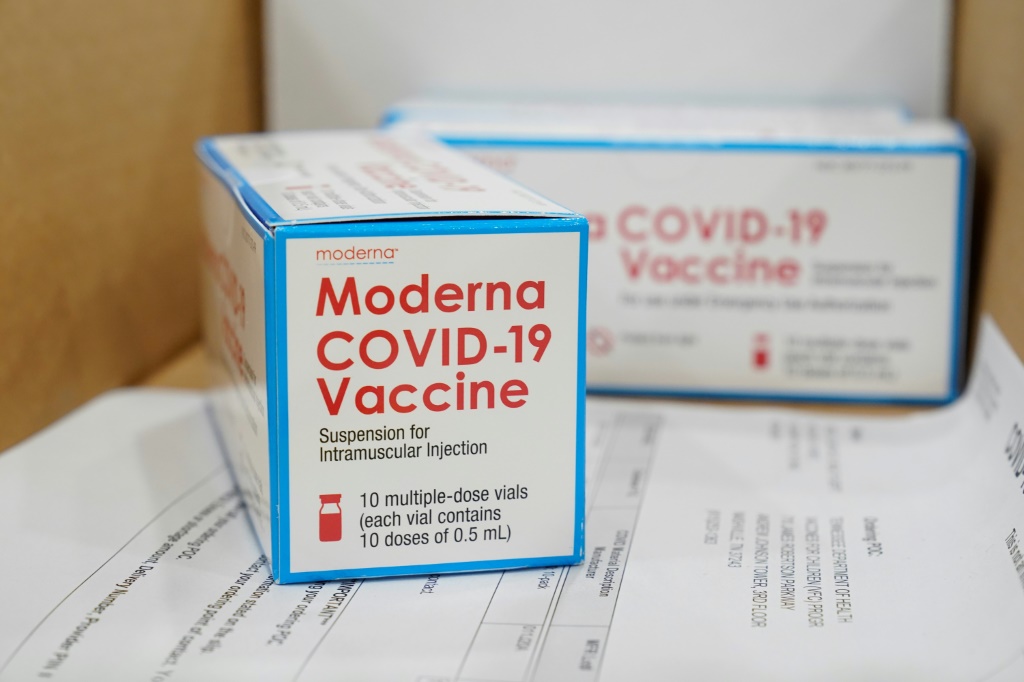The U.S. is edging closer by the day to seeing half of its population fully vaccinated against COVID-19. Although vaccination rates differs from state to state, the national figure currently stands at 46.4%. That goes up to 57.2% when looking solely at the adult population.
Vaccines were developed across the world in record time. But the rollout had to overcome the hurdles of how to best deliver the vaccine quickly and how to persuade some reluctant communities in America to get the shot.
There have also been ethical dilemmas to navigate in regards to who should get the vaccine first and what to do with people who jeopardize the success of immunization by refusing to take part. And then there is the issue of whether it is morally right that some countries and some groups in society benefit from immunizations before others.
Experts writing for The Conversation have provided guidance on how to approach some of these ethical concerns.
1. It’s never that simple!
At first glance, the question of whether someone can be compelled to be vaccinated should be a fairly straightforward ethical issue – as many have argued, surely people have a duty to get vaccinated. But as moral philosopher Travis Rieder explains, it isn’t that easy.
In fact, it is rather complex. He doesn’t suggest that there aren’t overwhelming reasons to get vaccinated. Only that these reasons do not constitute a “duty.”
Reider asks whether it is right to compel someone to engage in what could be seen as a personal, intimate act. “[Vaccination] involves having a substance injected into your body, which is a form of bodily intimacy. It requires allowing another to puncture the barrier between your body and the world,” Rieder writes.
Presenting the moral case for vaccines as straightforward can be counterproductive.
2. Paying people to get their shot
A majority of Americans have been more than happy to get vaccinated as a way out of the pandemic. But for others, the lure of life returned to normal hasn’t been enough to get them in front of a needle.
To encourage takeup, people have been offered the chance of a US$1 million lottery prize, $100 saving bonds, a pint of beer, donuts and guns. Christopher Robertson, law professor at Boston University, explains that incentives have long been used in health care and have been shown to be effective in changing unhealthy behaviors such as smoking or leading a sedentary lifestyle.
But he notes bioethicists’ concern that such incentives might unfairly exploit poorer U.S. residents who feel they have little choice but to be vaccinated for cash. Robertson counters that “there is no evidence that offering money is actually detrimental to such populations. Receiving money is a good thing. To suggest that we have to protect adults by denying them offers of money may come across as paternalism.” In the end, “a well-designed vaccination incentive can help save lives and need not keep the ethicists up at night,” Robertson concludes.
3. The ethics of skipping the line
The ethical debate isn’t just around those who refuse, or are hesitant, to be vaccinated. Those who rushed to be first in line faced their own moral questions. And those who found a way to circumvent the line altogether may have crossed an ethical line, argues Katharine Young of Boston College.
Young has studied the role of queuing in the building of trust in the fairness of delivery systems. “Those who skip the line not only displace those waiting behind them, they flout the informal rules of fair play that, with appropriate priority rules, make the [vaccination] rollout fairer than any market or lottery-based alternatives,” she writes.
4. Is vaccine guilt healthy?
Those who use privilege to skip the line should certainly feel a little guilty, argues Elizabeth Lanphier, a medical ethicist at University of Cincinnati. But for the rest of us, a little vaccine guilt – a feeling associated with getting immunized before others who may need it more or who may live in areas where vaccines aren’t so readily available – might be a good thing.
Lanphier writes, “one good reason to feel vaccine guilt is it helps people recognize their participation in – and sometimes advantage because of – unjust and unfair systems. It can also spur a push for better accountability and equity within one’s social and political organizations in charge of health care systems in general and COVID-19 response specifically.”
5. A passport to an (unequally vaccinated) world?
While the U.S. is pretty far down the road of vaccinations, many other nations are not – fewer than 1% of people in low-income nations have received at least one dose. This poses real ethical concerns when it comes to the concept of vaccine passports. As Yara Asi at the University of Central Florida explains, the premise is simple: Proof of being immunized against COVID-19 could be a prerequisite for engaging in leisure activities and travel. “Given the global imbalance of vaccine availability, it is not difficult to imagine a situation where the citizens of rich countries may regain their rights to travel to environments where local populations are still in some form of lockdown.”
Furthermore, “once economies start to ‘open’ and those with vaccine passports are able to go about their business as usual, the urgency to deal with COVID-19 in marginalized communities may dissipate.”
The fact is, as Asi writes, “at every stage the pandemic has exposed society’s inequities.”
Matt Williams, Religion & Ethics Editor, The Conversation
This article is republished from The Conversation under a Creative Commons license. Read the original article.
















